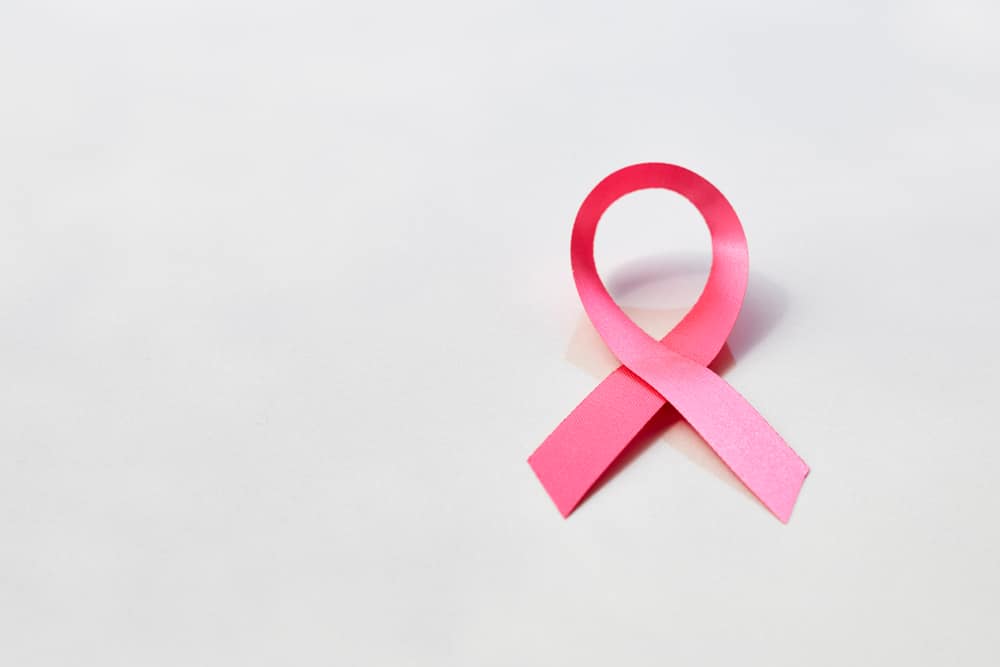
Cancer remains one of the deadliest diseases, often detected too late, especially in regions with limited medical access. Determined to change this, two innovators joined forces to develop a solution that could make early detection a reality for everyone.
Dr. Narayana Subramaniam, a head and neck surgical oncologist in Bengaluru, witnessed firsthand the devastating impact of late-stage cancer diagnoses. Meanwhile, Hardik Pandya, an IISc engineer-scientist, saw technology as the key to bridging the gap in healthcare accessibility. They knew that for an innovation to be truly impactful, it had to be practical and widely available.
As per The Better India Story, they developed a groundbreaking device that digitizes biopsy images on-site in just two minutes. This eliminates long wait times and multiple hospital visits, a game-changer for smaller towns where biopsy samples are sent to metro cities for analysis.
How This Innovation Saves Lives
Early cancer detection significantly improves survival rates. This device ensures faster, more accurate diagnoses, helping doctors start treatment sooner.
India is the oral cancer capital of the world. Detecting it earlier can reduce treatment costs and suffering while increasing survival rates. With this technology, people in remote areas no longer need to wait weeks for a biopsy report.
Major Recognition and Future Plans
The US National Institutes of Health (NIH) recognized this breakthrough by awarding them a prestigious Rs 20.6 crore ($2.4 million) U-01 grant. With GE Healthcare as their partner, they plan to mass-produce this life-saving device.
If successful, this technology will expand to detect other cancers, including cervical and breast cancer. This innovation paves the way for a future where cancer diagnosis is no longer a privilege but a fundamental right.
